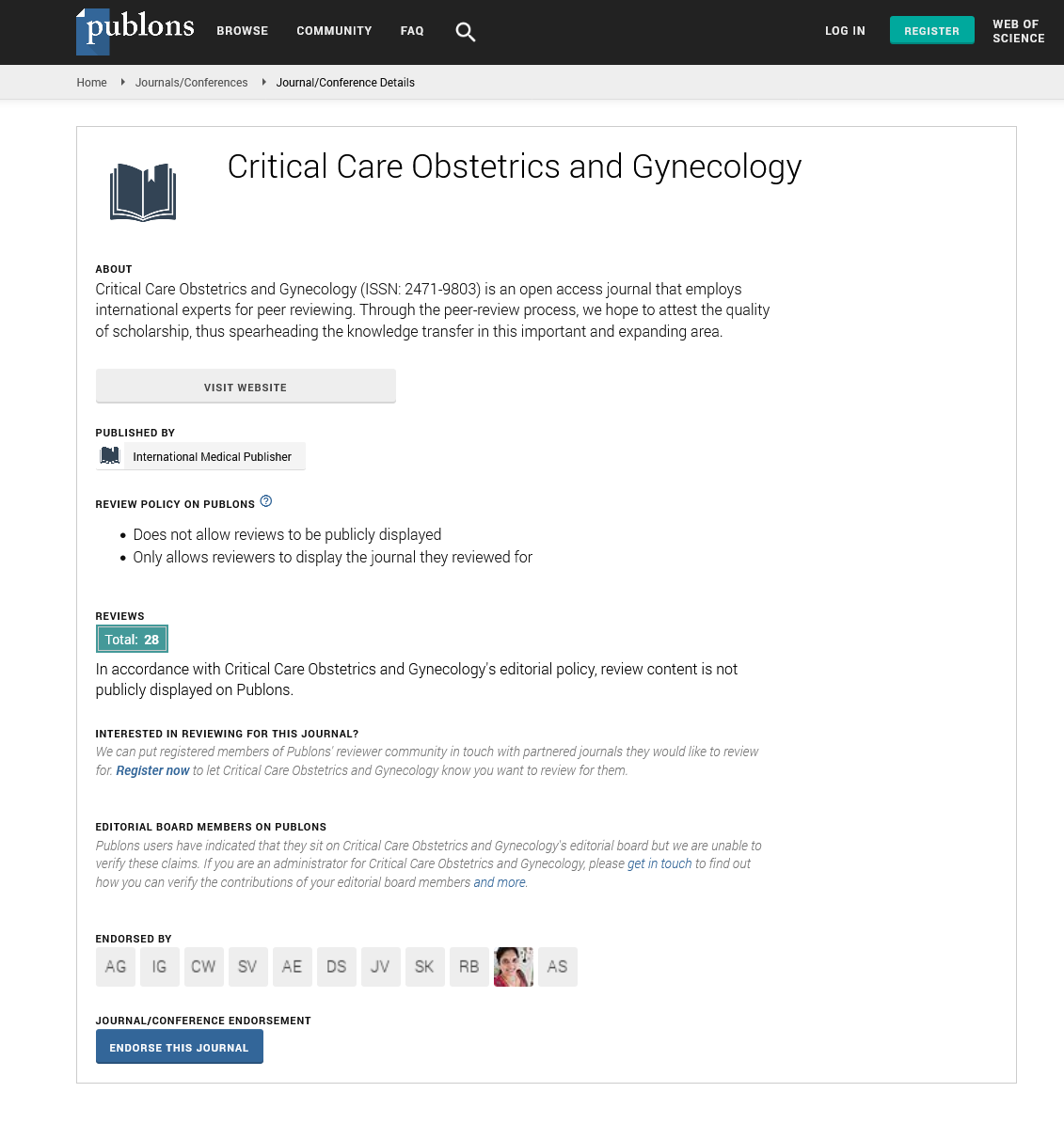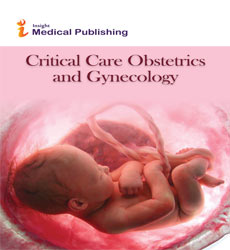Abstract
Adolescent Risk Behavior Interventions in Primary Care
The principal determinants of early mortality among teenagers in the United States are risk behaviors, which are defined as purposeful engagement in some sort of conduct that entails possible negative repercussions or losses as well as perceived good outcomes or benefits. Overdoses, motor vehicle collisions, and other accidental injuries are among the main causes of mortality among teenagers aged 12–17, according to recent statistics from the Centers for Disease Control and Prevention. It's critical to identify adolescents who are involved in risky behaviors so that we can direct them to proper therapies and avoid unfavorable outcomes. Well-child screenings are one approach for doing so. Well-child screening takes place during an annual appointment with a medical provider, during which physicians can screen for pertinent medical problems as well as psychological concerns in order to give proactive advice that can help maintain good health.
Author(s):
Tim David
Abstract | PDF
Share this

Google scholar citation report
Citations : 148
Critical Care Obstetrics and Gynecology received 148 citations as per google scholar report
Critical Care Obstetrics and Gynecology peer review process verified at publons
Abstracted/Indexed in
- Google Scholar
- China National Knowledge Infrastructure (CNKI)
- WorldCat
- Publons
- Geneva Foundation for Medical Education and Research
- Secret Search Engine Labs
Open Access Journals
- Aquaculture & Veterinary Science
- Chemistry & Chemical Sciences
- Clinical Sciences
- Engineering
- General Science
- Genetics & Molecular Biology
- Health Care & Nursing
- Immunology & Microbiology
- Materials Science
- Mathematics & Physics
- Medical Sciences
- Neurology & Psychiatry
- Oncology & Cancer Science
- Pharmaceutical Sciences


